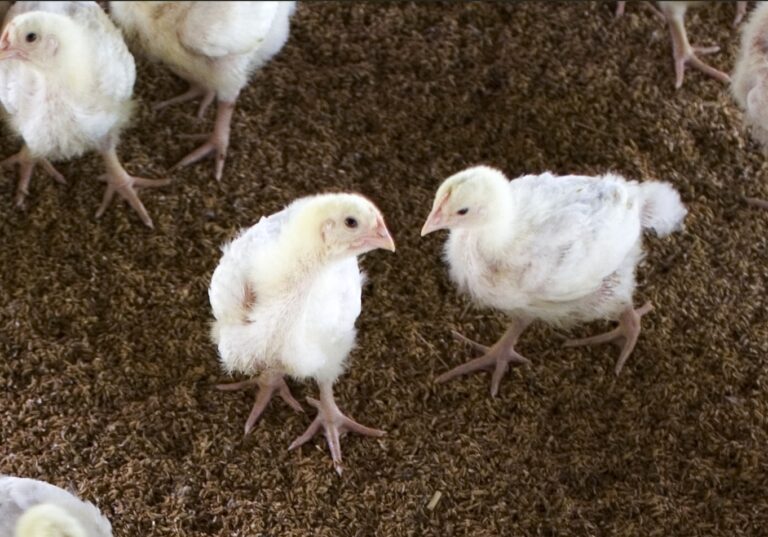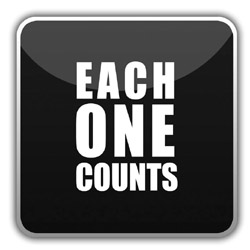Buy ‘cheep’ gifts with a conscience this Easter

Christian Aid is asking people to choose gifts that ‘cheep’ this Easter to help tackle poverty. A fluffy brood of chicks for £31 and quacking ducks for £24 are amongst the Present Aid gift ideas that could help change lives in developing countries.
In rural Bolivia, Christian Aid partners provide chicks, roosters and training to poor communities to help them make a living, and in Bangladesh duck farming helps people become self-sufficient after devastating floods.
Daniel Charles, Head of Present Aid, said: “Everyone always gets chocolate eggs for Easter, but what about getting chicks for your loved ones this year? Just as brown was the new black, so chicks are the new chocolate eggs. It’s a gift that will help some of the poorest communities. And thanks to Divine, you don’t need to miss out on your chocolate treat.”
Advertisement
All money raised by Present Aid gifts is allocated to a project fund related to the gift. For example if you spend £24 on 16 ducks the money will go into the agriculture and livestock fund, from which Christian Aid partner organisations in more than 50 countries get funding for their work helping some of the world’s poorest people.
Everyone who orders a Present Aid gift from 1st March until 31st of August 2009 will not only receive a card for the recipient of the present but also a free bar of Fairtrade Divine chocolate.
– ends –
For more press information, pictures or case studies, please contact Kati Byrne on 020 7523 2452 or kb****@***********id.org
Notes to Editors:
Christian Aid works in some of the world’s poorest communities in 49 countries. We act where the need is greatest, regardless of religion, helping people build the life they deserve.
Money raised by the gifts in the Present Aid catalogue are distributed to one of six project funds:
Agriculture and livestock
Emergency and disaster preparedness
Healthcare including HIV/AIDS
Power and energy
Training and education
Water and environment
Christian Aid helped set up Divine Chocolate in 1998, and supports its Fairtrade and farmer-owned business model as an effective way for producers to work their way out of poverty.







